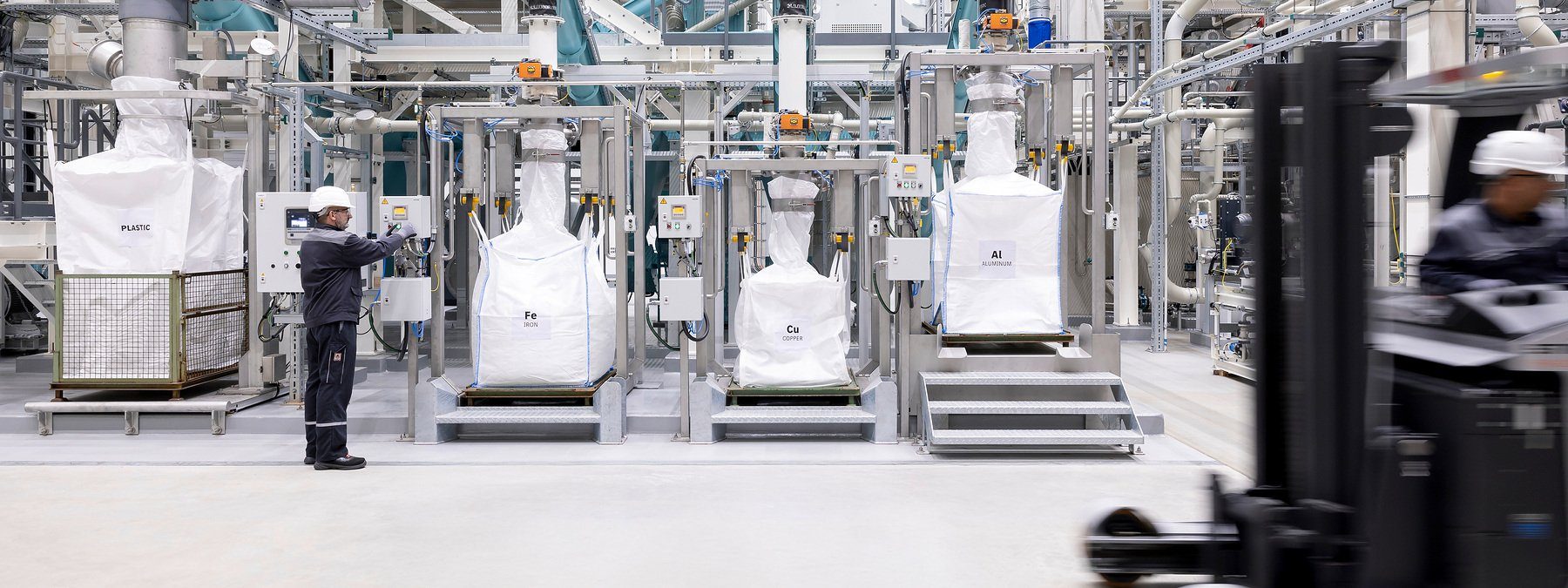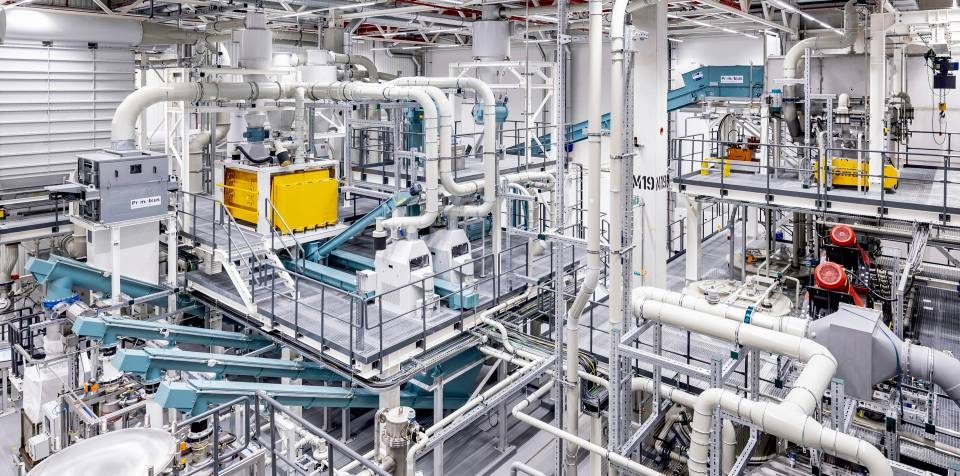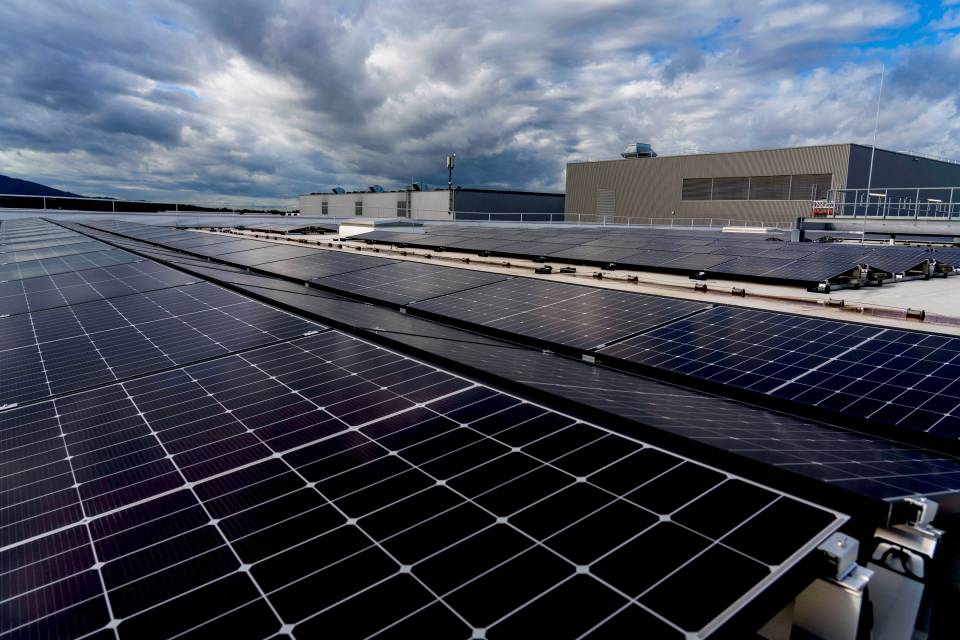Mercedes-Benz now has a new battery recycling plant operating that is capable of reclaiming 96 per cent of the raw materials used in its batteries.

Located in Küppenheim, southern Germany, the factory recovers lithium, cobalt and nickel from existing electric car batteries. These elements will be reused in the production of brand-new cells.
The recycling process mechanically separates the aluminium, copper, iron and plastics present in each battery. An aqeuous solution recovers the rare-earth metals from the remaining ‘black mass’ of chemicals.

Once the mass is liquefied, filtration separates the graphite, iron and aluminium. Further treatment of the remaining solution, mainly with acids, yields sulphates of copper, cobalt, manganese, nickel and lithium. The cobalt and nickel are recovered after crystallisation.
Once it is fully up and running the factory will yield 2500 tonnes of recycled material per annum. That’s sufficient raw materials for 50,000 battery modules (or 5000 EV batteries).

The factory uses less energy than smelting does, and the Küppenheim plant is expected to be carbon-neutral. That’s primarily because it relies on renewable electricity. The factory’s roof is effectively one huge solar panel array that can supply up to 350kW of power per day.

Jörg Burzer, Mercedes board member for production, quality and supply chain management commented “The innovative technology enables us to recover valuable raw materials from the battery with the highest possible degree of purity. This turns today’s batteries into tomorrow’s sustainable mine for raw materials.”
The Kuppenheim plant works with battery recycling company Primobius and Germany’s Federal Ministry for Economic Affairs and Climate Action.


